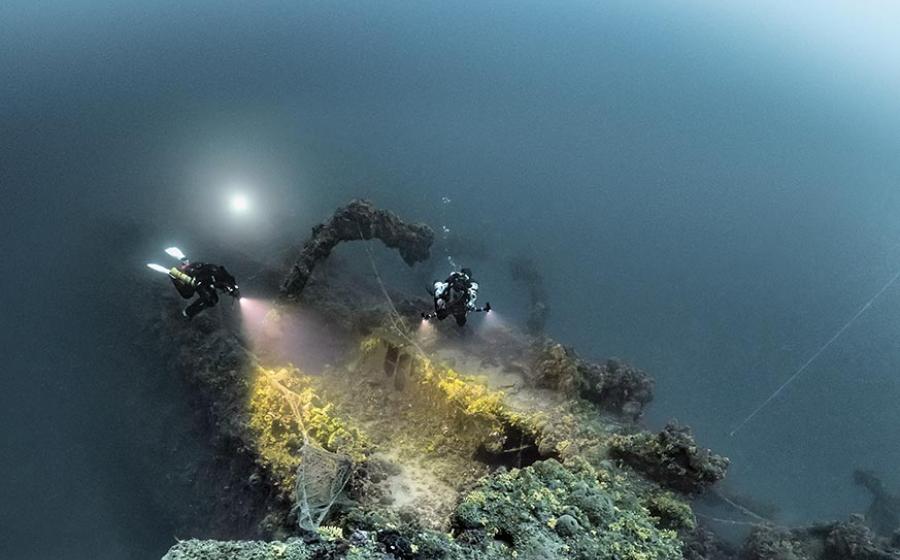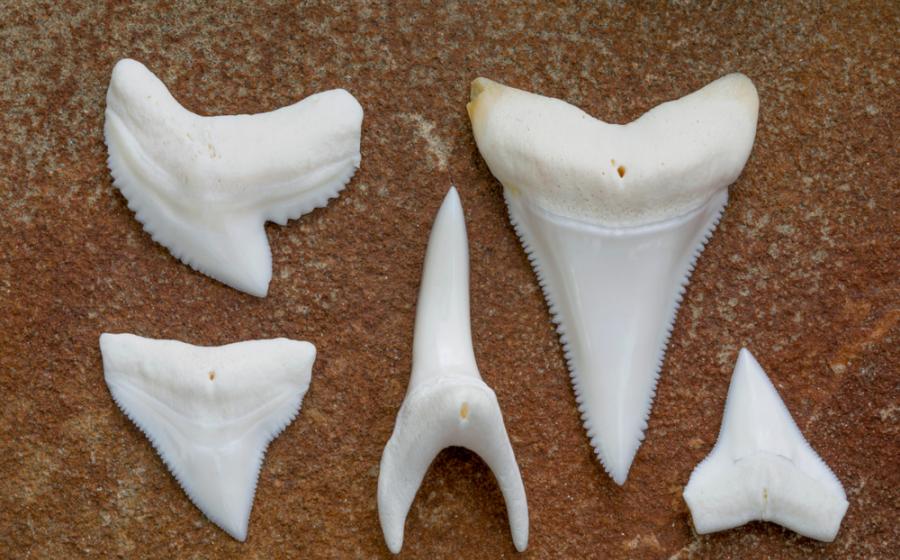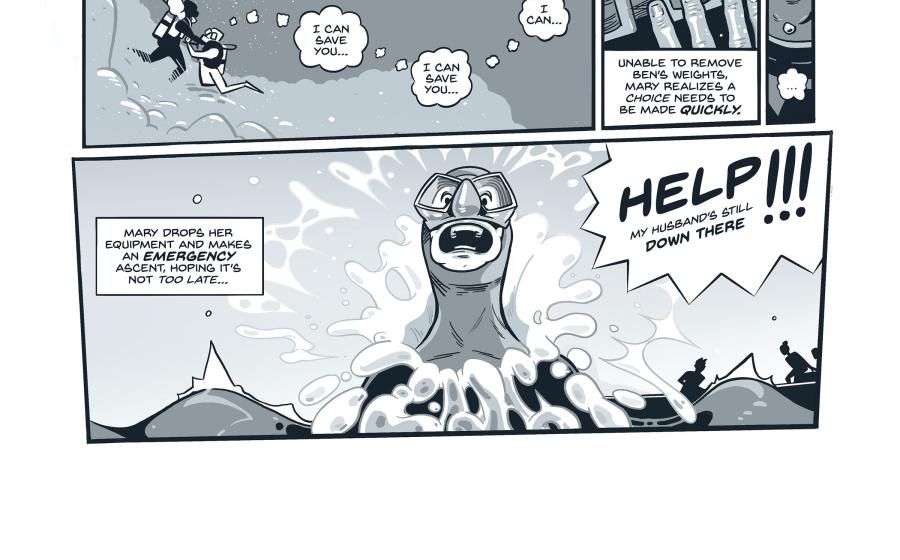A Guide to Local Diving in Florida
The hardest part about Florida scuba diving is choosing where to submerge. Wrecks, reefs, caves, springs and rivers are all drive and dive options when you call the Sunshine State home! Once underwater, a plethora of animal encounters are at your fingertips: Try snorkeling with manatees, hunting invasive lionfish or night diving with jellyfish.
With these plentiful dive opportunities come passionate local divers that band together to protect their waters, like successfully banning the collection of marine life in Phil Foster Park or launching coral restoration dives in the Keys.
Use the resources below to find a spot, jump in and become a part of this vibrant dive community!
Need to Know:
General Conditions Typically the waters are warm in Florida, but waters can get brisk inland, in caves or when diving deeper wrecks. The springs and Keys have award-winning viz, making for easy diving.
Equipment The equipment you need will depend on the diving you want to do. Splashing into the reefs along the Keys? A 3 mm or shorty will do for exposure protection. Thinking about a spring in northern Florida? Consider a 5 mm (though some opt for a full drysuit).
Dive Shops Find a dive shop near you with PADI’s Dive Shop Locator.
Useful Certifications A PADI Open Water Diver certification will let you access many of the state's popular sites, but additional certifications can unlock adventures-less-trodden. Consider an advanced or tec certification to reach sites like the Vandenburg, or USS Oriskany, the world's largest artificial reef, or cave diving training to squeeze your way through the privately-owned Cow Spring.
Popular Dives:
- Devil’s Den, a spring in Williston
- Blue Grotto, a spring Williston
- Rainbow River, part of a state park in Dunnellon
- Blue Heron Bridge, a beloved 33-acres in Riviera Beach
- John Pennekamp Coral Reef State Park, a marine reserve off of Key Largo
- Spiegel Grove, a wreck accessible from Key Largo, Tavernier or Islamorada
Find a Dive Site Near You In:
Dive Volunteer Opportunities:
- Coral Restoration Foundation, a nonprofit leading the restoration of reefs in South Florida.
- The Florida Aquarium, where divers can maintain and clean sea life tanks in Tampa with the possible opportunity to take part in fieldwork or dive shows.
- Reef Environmental Education Foundation (REEF) asks divers to conduct fishing surveys at their typical dive sites and report their findings
- Mote Laboratory and Aquarium wants divers to report signs of coral bleaching as a part of the organization’s BleachWatch program











